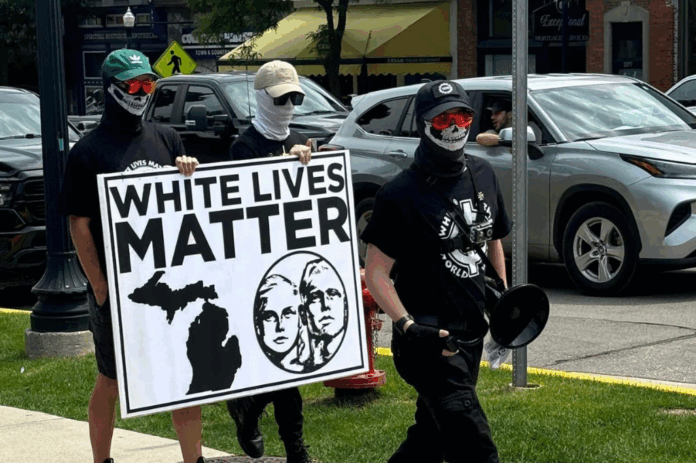The abrupt death of Charlie Kirk, a leading voice of American conservative identity politics, is not merely a political incident. It marks another milestone in a broader social shift, one where racialist rhetoric is increasingly mainstreamed, and where positions once relegated to the fringe are gaining foothold in public discourse.
Rather than serving as a moment for reflection or de-escalation, this event has catalyzed a surge in identity-based rhetoric. The slogan “White Lives Matter,” long associated with supremacist networks, is now re-emerging—no longer hidden, but openly brandished in rallies, crowdfunding campaigns, and even in certain political narratives. What was once peripheral is becoming structural.
A polarised society with real economic consequences
This shift is not lost on financial analysts. Market strategists increasingly regard social cohesion as a defensive asset. Conversely, deepening identity fragmentation represents a structural liability: brand boycotts, urban unrest, volatile regulatory swings, or the risk of unchecked hate speech.
Institutional investors are adjusting their ESG models accordingly. A firm perceived as aligned with hardline positions, or merely passive in the face of racial controversy, can face steep reputational damage. Portfolios exposed to retail, tech, or media sectors now require closer scrutiny, especially in how firms manage internal diversity and external messaging.
An America on edge in an election year
The radicalisation of racial discourse is unfolding in a high-stakes election year, where the line between free speech and xenophobic provocation is increasingly blurred. The killing of Iryna Zarutska, a Ukrainian refugee murdered in North Carolina, has been weaponised by nationalist groups as fuel for conspiratorial and openly racist narratives.
Ratings agencies are beginning to flag US social instability as a latent risk. Municipal bond spreads are widening in states most affected by community unrest. Foreign direct investment flows show early signs of cautious reallocation.
Financial markets facing an endogenous social risk
This shift towards a normalisation of racism signals a broader rupture in the American social contract. Analysts are taking note: capital can no longer ignore deep social fractures. Activist funds may pivot further into ethical governance demands, while passive index funds may be forced to reassess exposure to culture-sensitive equity weights.
In this context, the death of Charlie Kirk is not merely a political footnote. It is a signal event. For investors, it is a reminder that racism, when normalised, is not just a moral tragedy, it is a macroeconomic risk vector.


